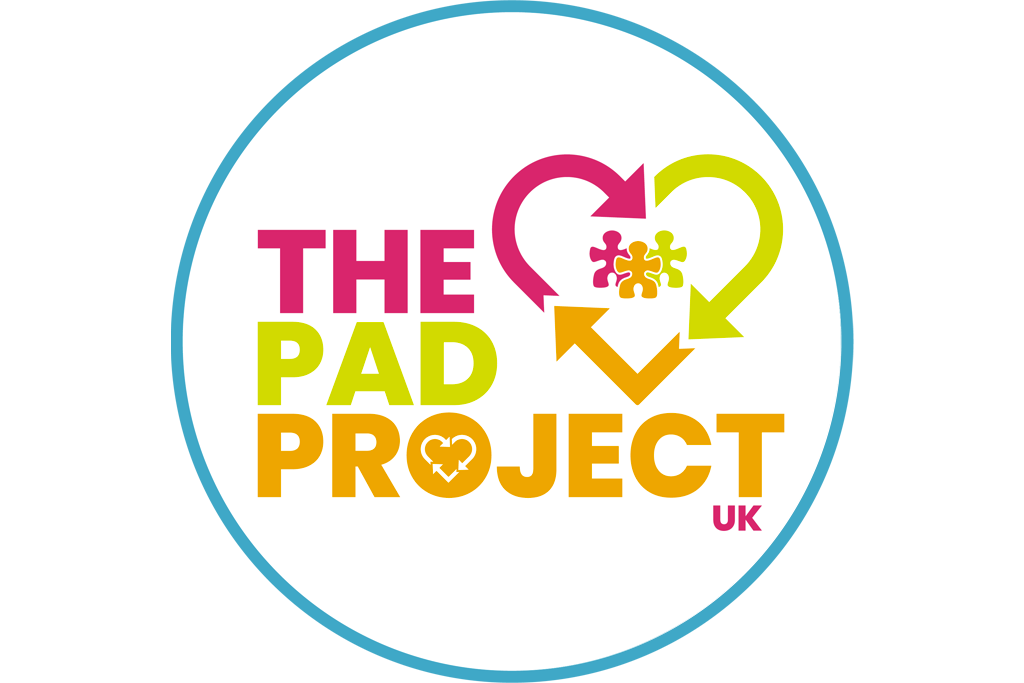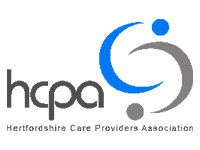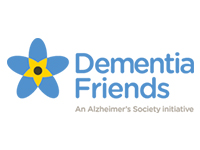The Pad Project UK
I’m really excited to be involved in this project, because it is an issue that I’m very passionate about and one which touches me both personally and professionally. In an era where sustainability, reducing waste, and saving money are key concerns, The Pad Project UK, offers a great solution to the problem of what to do with unwanted hygiene and medical equipment. Enabling individuals and organisations to donate items and material, which can then be used by other people in need, whilst reducing environmental and financial costs at the same time.
Dr Chris Chatterton: Researcher and Continence Activist
Hi, my name is Chris and I’m 50 years old and live in Hertfordshire with my wife and son. I work as a freelance science writer and researcher and have written over 50 lay and professional articles on a range of topics from Obesity through to Insects in Amber, as well as Incontinence. I have a strong interest in the Natural World and Health. Friends describe me as kind and friendly, but also a bit of a ‘Mad Professor’, which is vaguely true as I did spend many years working in research labs and do have a PhD, although that’s in medical sociology. My interest in health issues comes from the fact that I live with a number of different medical conditions and spent my childhood in and out of hospital.
Nothing very remarkable about that then. But what many people don’t know about me is that I’ve struggled with incontinence for the last 30 years. And is an issue which I have kept largely hidden, until about ten years ago in 2012, when I decided to be more open about my health problems. Although there are still friends, work colleagues and even family members that have no idea about my continence problems.
My Mission
In the last few years, I have embarked on a completely unplanned journey, to raise awareness about incontinence and hopefully start to break down some of the stigma surrounding the condition. This has led me to write numerous lived experience articles, speak at various events and conferences, record several audio podcasts, and video blogs, and happily identify myself as a so-called ‘expert patient’ or ’lived experience expert’. So much so, that work colleagues have started to refer to me as a ‘Continence activist’, whatever that is. And it certainly conjures up a few strange images in my mind, seeing myself as a cross between an eco-warrior or a superhero with a name like ‘Pad Man’, whilst I go about my next stigma breaking crusade. But joking aside, I am genuinely passionate about raising awareness about this debilitating condition, particularly the stigma and impact on mental health, as well as the male perspective.

Incontinence: A neglected medical and social issue
Unfortunately, incontinence is something of a Cinderella medical condition that is under researched and often not taken seriously by the medical profession or health policy makers. And is widely seen as unglamorous and predominantly a nursing and/or social care issue. Experts in this area also note that because the condition is not life threatening, it is often ignored. Yet anyone who works in the field or has incontinence themselves will tell you, it can have a devasting impact on people’s lives. Forcing people to stay at home, lose their jobs, damage their relationships, and make their life thoroughly miserable. All of which can have a devastating impact on mental health. That is why, despite my own difficulties, I will never stop trying to raise awareness about this difficult condition or try and break down the stigma surrounding it. As I know only too well, the devasting impact that this condition can have on people’s lives.
Where to get help and support
We would always advise you to seek medical help, in the first instance, if you are experiencing any bladder and bowel difficulties. And the NHS has a lot of great resources available online to help you learn more (click bladder or Bowel). There are also two main UK charities that deal specifically with incontinence in adults, these are:
Bladder Health UK – This is a great patient led organisation that is based in Birmingham, which also has a dedicated nurse helpline. It offers help and support including emotional, to those living with various bladder difficulties, including incontinence. Membership available with small annual fee to cover the basic costs of running the charity.
Bladder and Bowel UK – This is another good organisation based in Manchester that is backed by the Disabled Living Foundation. This is entirely free to access, and focuses more on practical advice, products, and management. It also has an advice line that is nurse led. And is a n NHS recommended online resource.
In addition, there is a UK based charity called ERIC – This focuses specifically on the needs of children with bladder and bowel difficulties. It also has a helpline.
Of course, there are also hundreds of disease specific charities and associated websites that may also have resources that relate to Incontinence. For example, Age UK and Dementia UK, both have web pages offering advice to patients and carers. There are also many commercial companies, which sell various continence care products, that also have great websites offering advice and support to patients and carers. Too numerous to mention here.
What products are available: What do I need?
Again, we would always advise you to get professional help and advice before trying particular products. And to seek medical help first, rather than trying to manage any difficulties you may be experiencing by containment products alone. However, there are so many different products available, some specially designed for women and others just for men, whilst others are designed for bedridden patients or active people, and others are aimed at different levels of leakage, or for bladder or bowel issues only, or designed to tackle both. Therefore, it can be very daunting choosing the right products. One particular online resource that I do recommend though, is the Continence Product Advisor website. This is a great impartial website that is completely free to use and has in depth information on all the main product types. It is backed by Southampton University and the International Continence Society (ICS), and also seen as a trusted online source of information on the topic by the NHS.

Advice on living well with Incontinence / Mental Health and Incontinence
It would be foolish of me to say that living with incontinence was in any way easy, the short answer is, it’s not. But there are a number of practical and cognitive things you can do to help reduce some of the more difficult aspects of living with the condition. I have recorded audio and video blogs for several charities and companies on this particular issue.
For more information, please click on the links below:
Bladder Health UK – Three video blogs offering advice on the issue.
Astellas Pharma – Five podcasts offering advice on the issue.
In addition, the impact on Mental Health can be significant, and it is therefore important to get help if you are struggling with anxiety or stress around the issue. Incontinence can also lead to low self-esteem and depression. But don’t be ashamed or embarrassed to ask for help, as I have experienced all of the above at some point, whilst dealing with my incontinence.







